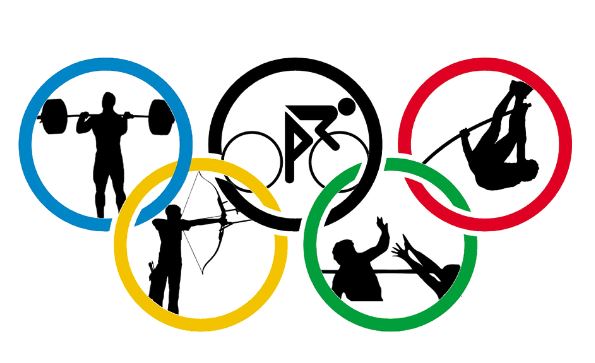After a few years he travelled around Latin America with his girlfriend. They also wrote a book about that trip.
If you like adventure and travelling book, I highly recommend Villarino's book.
Step 1
|
Show students a
video from the Olympics, stop the video every time a new sport appear and
clarify vocabulary. As they watch the video, hey will have a worksheet to
match the different sports to the proper names.
|
Step 2
|
Watch another short
video and ask students to raise their hand every time a sport the know
appears.
|
Step 3
|
Listen to a news
report, students will have o identify the different sports that the reporter
talks about and fill in the dialogue (worksheet)
|
Step 4
|
Listen again to the news
report and ask students to identify words RELATED to sports
|
Step 5
|
Role play. Students will
have to work in pairs. One of them is going to be the reporter and the other
will be a sports woman/men. The reporter will ask three questions related to
sports and the related vocabulary already seen, the other will have to answer
|
Step 6
|
School Olympics.
Students will have to organize a little tournament for their class, the main
vocabulary being sports.
|

Task
|
Macrofunction
|
Microfunction
|
Grammar
|
|
arrived to your school. She/he can communicate with you only in English. You
are selected to show her/him the school
|
Exchanging goods and
services
|
Giving instructions
|
Demonstratives:
This, that, these, those
Adverbs of place:
Here, there, etc
Yes/no questions
|